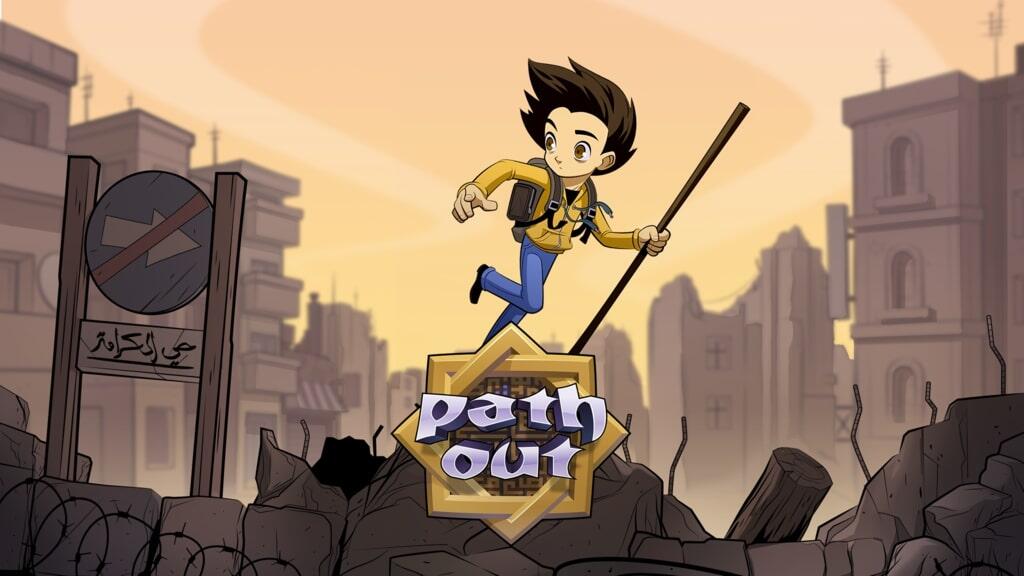Since Alan Kurdi drowned, Mediterranean deaths have soared
Since Alan Kurdi drowned, Mediterranean deaths have soared

GENEVA – A year ago today a photograph of Syrian toddler Alan Kurdi’s small body washed up on a Turkish beach drew the world’s attention to the shocking danger and unfathomable loss experienced by thousands of refugees desperately trying to reach safety in Europe.
Unfortunately since then, the dangers faced by those fleeing across the Mediterranean have only worsened. UNHCR, the UN Refugee Agency, estimates that since Alan’s death, 4,176 people have died or gone missing on the Mediterranean - an average of 11 men, women and children perishing every single day over the last 12 months.
So far this year, the pace of drowning deaths has only increased, setting 2016 on course to become the deadliest year on record for those attempting to cross the stretch of sea, UNHCR spokesperson William Spindler told a news briefing in Geneva on Friday (September 2).
"Alan's death resulted in unprecedented expressions of sympathy and solidarity for refugees all over Europe."
During the first eight months of 2016, some 281,740 people have made the treacherous sea crossing to Europe. The number of refugees and migrants arriving in Greece has dropped dramatically from over 67,000 in January to 3,437 in August, following the implementation of the EU-Turkey Statement and the closure of the so-called Balkan route.
The number of arrivals to Italy, meanwhile, has remained more or less constant, with some 115,000 refugees and migrants landing in Italy as of the end of August, compared to 116,000 during the same period last year.
“The main change, however, has been the number of casualties. So far this year, one person has died for every 42 crossing from North Africa to Italy, compared to one in every 52 last year,” Spindler told reporters at the briefing in the Palais des Nations in Geneva.
“This makes 2016 to date the deadliest year on record in the Central Mediterranean. The chances of dying on the Libya to Italy route are ten times higher than when crossing from Turkey to Greece,” he added.
Spindler said the numbers highlight the “urgent need for States to increase pathways for admission of refugees, such as resettlement, private sponsorship, family reunification and student scholarship schemes, among others, so they do not have to resort to dangerous journeys and the use of smugglers.”
"An average of 11 men, women and children have perished every single day over the last 12 months."
The death of Alan Kurdi resulted in unprecedented expressions of sympathy and solidarity for refugees all over Europe, with many people volunteering to help and spontaneously giving food, water and clothes to refugees and even offering to take them into their homes.
To document and highlight some of these individual acts of solidarity, UNHCR and photographer Aubrey Wade have developed a series of portraits of families hosting refugees in Austria, Germany and Sweden.
The arrival of over a million refugees and migrants to Europe last year has also given rise to hostility and tensions within the societies hosting them. Refugees and migrants have suffered racist and xenophobic attacks, prejudice and discrimination.
“The ongoing challenge for Europe is to make available the support and services that refugees need to successfully integrate so that they can contribute fully to society – bringing new skills, determination and a cultural richness, as they seek to re-establish their lives in their new homes,” Spindler said.
In this effort, UNHCR strongly urges governments and their national partners to commit to the development and implementation of comprehensive national integration plans. The numerous contributions refugees bring to their new societies need to be recognized.








